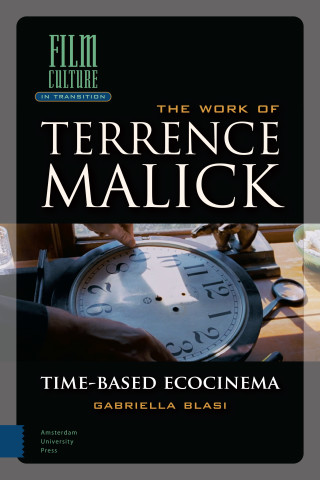"Walter Benjamin kann zweifellos als einer der bedeutendsten Kunst- und Medientheoretiker des 20. Jahrhunderts bezeichnet werden. Dennoch hat seine Beschäftigung mit dem Film überraschenderweise bislang nur wenig im Zentrum gestanden. Mourenzas Walter Benjamin and the Aesthetics of Film ist die erste eigenständige Monografie, die gänzlich Benjamins Auseinandersetzung mit dem Film gewidmet ist. [...] Mit der vorliegenden Monografie hat Mourenza jedenfalls eine beeindruckende Studie zu Benjamins Auseinandersetzung mit Film vorgelegt."
- Daniel Gönitzer, [rezens.tfm] 2021/2
"Although firmly rooted in philosophical traditions, artistic practices, and media technologies of modernism and the classical avant-garde, Benjamin’s writings continue to resonate with some of our most pressing concerns today. For this reason, as Daniel Mourenza shows in his wide-ranging and thorough study, it makes good sense to revisit Benjamin’s writings on film aesthetics, production, and audience reception."
- Rolf J. Goebel, University of Alabama in Huntsville, German Studies Review, Volume 44, Number 1, February 2021
"Mourenza’s theoretical elaborations are very strong and his emphasis on an embodied spectator in Benjamin’s writings is especially productive. He manages to develop a coherent theory of his aesthetics of film with implications far beyond the area of film studies and valuable insights for an emancipatory political transformation of society and the role technology is able to play in such a transformation."
- Hanno Berger, The Marx and Philosophy Review of Books, Fall 2020
"Through detailed historical and textual analysis of primary and secondary resources, Mourenza essentially tackles the question of Benjamin’s relationship with film as a medium [...] Mourenza’s book offers valuable new clarifications concerning Benjamin’s view of cinema as a training ground for new political sensibilities and subjective experiences of being-together with a social collective."
- Will Kitchen, Early Popular Visual Culture, Summer 2020

